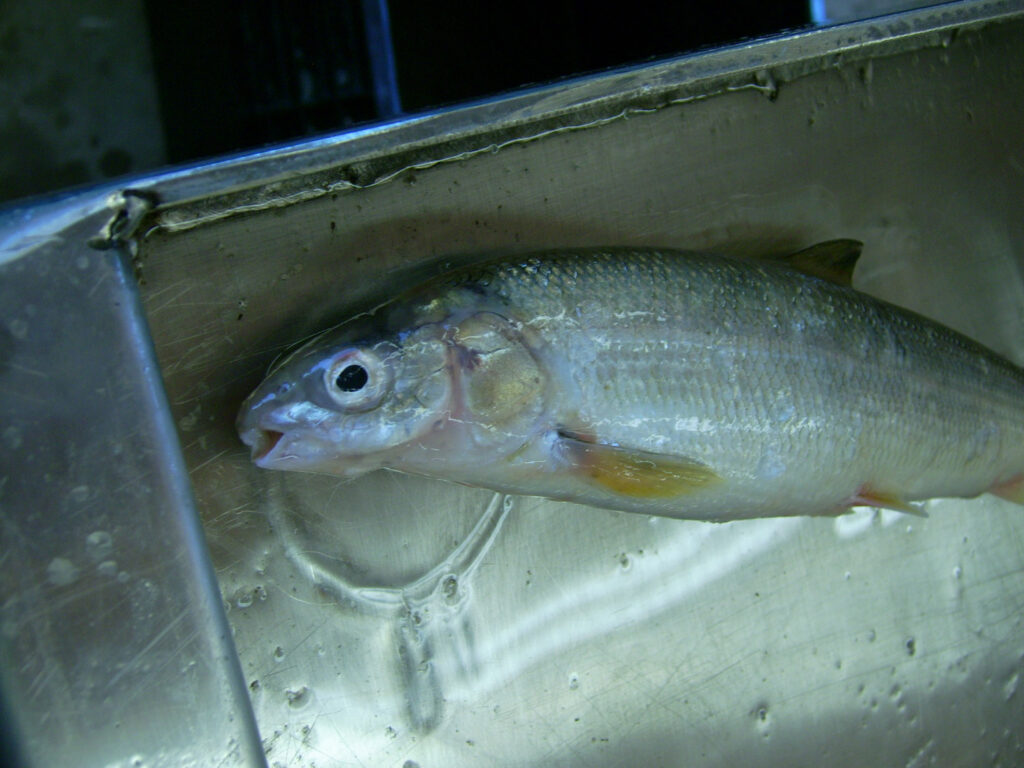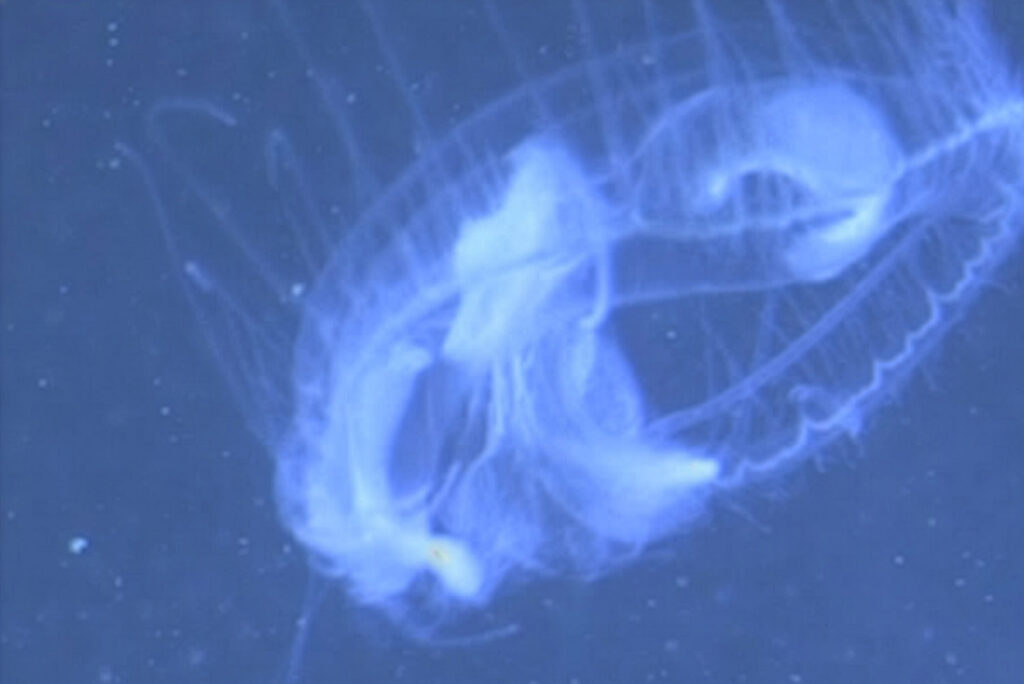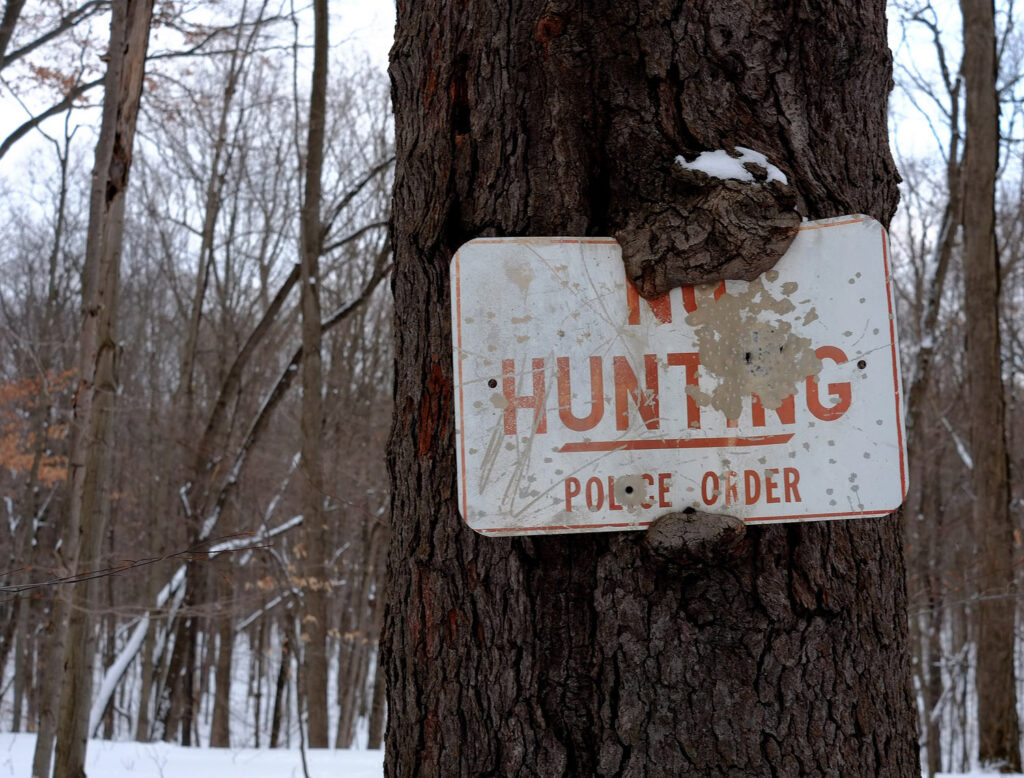Perch may be tastier, bass may fight harder, and pike may be bigger, but in Northern Michigan, the humble whitefish is king. Whether smoked, fried, or mashed into pâté, they are the king of the table and the backbone of the small commercial fishing industry that persists here. But this may not last. For the last few decades, whitefish populations have been on a precipitous decline that has only gotten worse in recent years.
Can whitefish survive in Michigan?
When settlers arrived in Northern Michigan in the 19th century, whitefish numbers were extremely high. They were a vital food for indigenous people, and, as soon as the settlers settled down, they too realized the potential of these fish. A commercial fishing industry soon emerged, one that fed Michigan and the Midwest for 100 years.
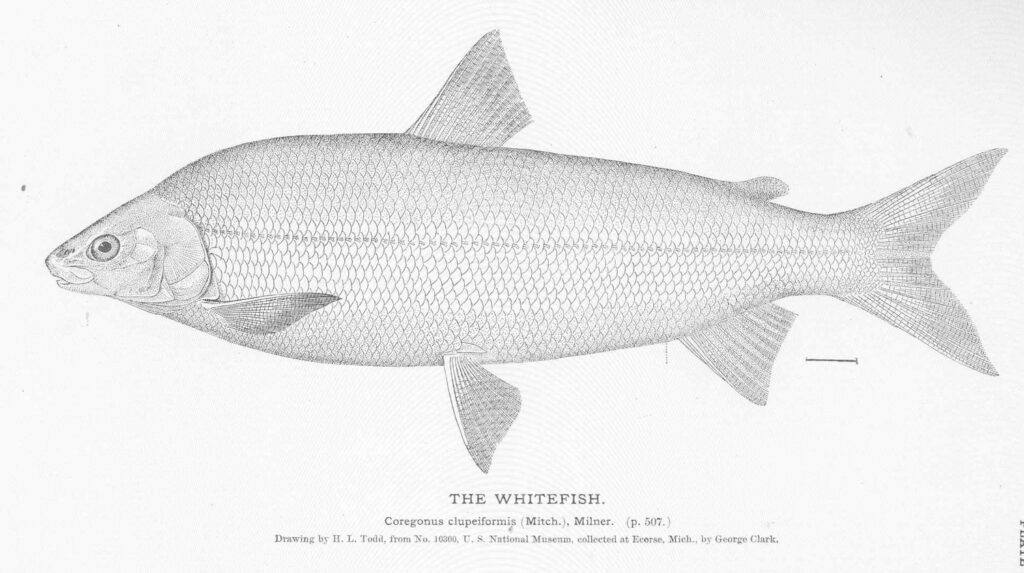
But the first blow to whitefish numbers came soon. Loggers cut down as many trees as they could, filling streams with sawdust, and without the shade from the trees, the water temperature began to rise. This was a huge problem, because whitefish are cold water fish. In fact, Michigan is considered the southernmost part of the whitefish’s range.
When stream temperatures rose, whitefish could no longer spawn in these rivers. That wasn’t the only problem. Without the trees to stop erosion, streams and rivers became silty, further lowering whitefish numbers. Also, massive trees floating downriver scoured the bottom and ripped up whitefish nests. All of this meant that by the 1950s, whitefish populations had already taken a turn for the worst.
But there was a different population of whitefish that never left the big lakes at all, preferring to spawn on rocky reefs. Their populations remained strong, until two species of invasive mussels changed everything.
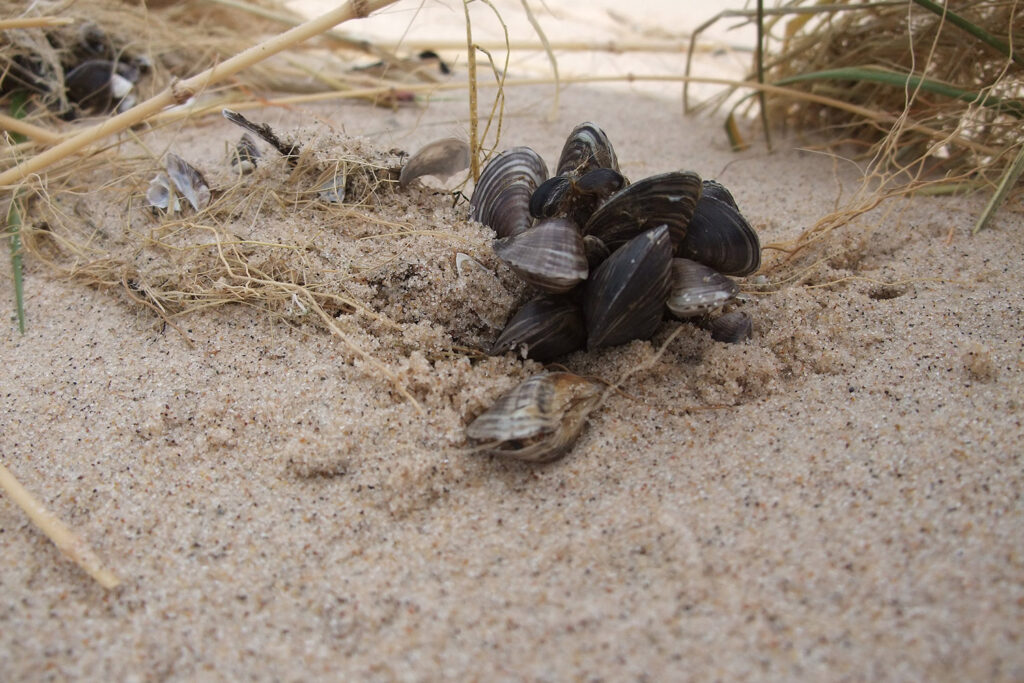
Zebra and Quagga mussels are originally from the Black Sea and Dnipro River. They were most likely introduced from ballast water discharge from tanker ships. If you know anything about these mussels, you know that they are sharp, tiny, and extremely prolific.
As soon as they get into a body of water, they are almost impossible to remove. These filter feeders suck in water and siphon out plankton and debris from which they get their nutrients.
Older Michiganders have remarked that the lake looks clearer and cleaner in recent years. They’re right. These mussels have sucked so much debris out of the water that it has had a notable impact on water quality. This may be good for beachgoers, but it isn’t good for whitefish.
When baby whitefish hatch, they are dependent on plankton for food until they get big enough to eat baitfish and underwater insects. But mussels have removed so much plankton that baby whitefish are starving. There is little left for them to eat. In a recent sampling, some sections of Lake Michigan had literally no plankton in them, something that has never been seen before. And clearer water has allowed UV rays to penetrate deeper. As a result, whitefish eggs are suffering sunburns from the increased UV strength.
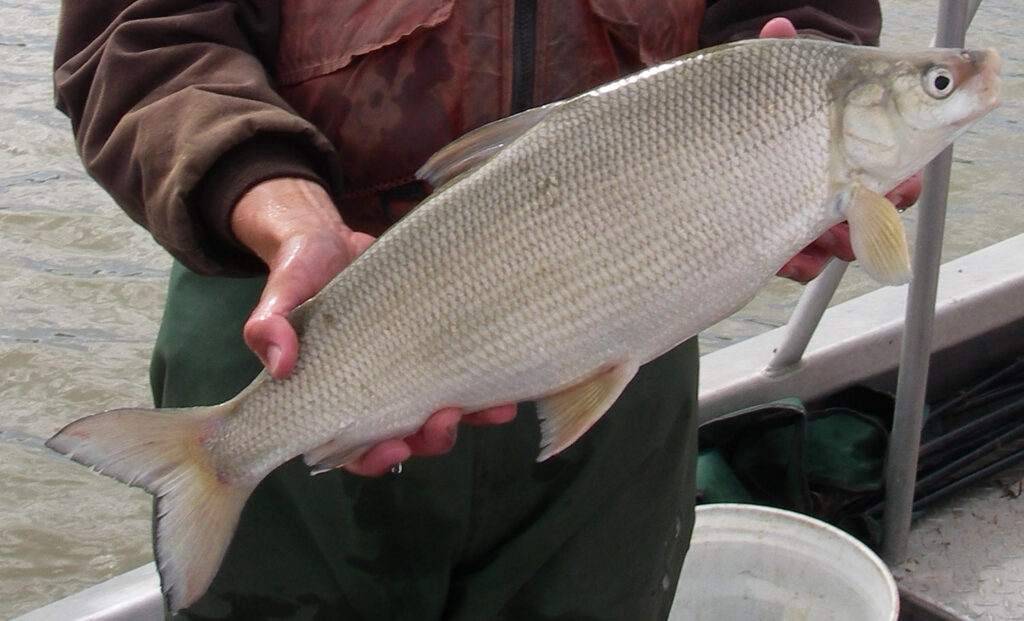
So whitefish are in hot water, and scientists think that the problem is only going to get worse. But they haven’t given up. They have a plan to give whitefish a fighting chance.
Though river whitefish were devastated by logging and erosion, that stopped decades ago, and many of Michigan’s best rivers are now protected. Because of that, scientists think that reestablishing river populations of whitefish is now feasible.
Invasive mussels are much less common in rivers, so there is more forage for young whitefish. In addition, the rivers of Northern Michigan are cooler and more protected from the UV rays that are harming the lake-based whitefish.
Rivers could act as nurseries and allow young fish to grow in a safer environment before they move into the Great Lakes. While this won’t completely recover the populations back to their former glory, it may stop the decline.
Jack Ducote is a writer who loves fishing, hunting, the outdoors, and of course, Michigan. He writes under Hemlock Hobo on Substack.
